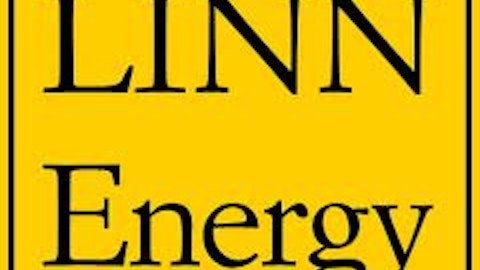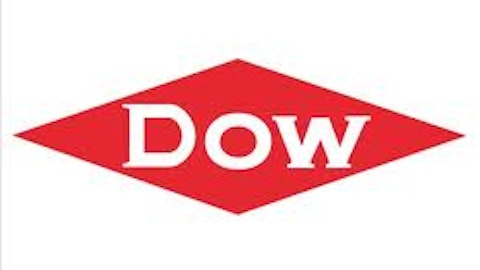The recent move by Linn Energy LLC (NASDAQ:LINE) to buy Berry Petroleum Company (NYSE:BRY) has highlighted the tax benefits of the limited partnership (LPs) structure. While this deal isn’t earth shattering, the increasing prominence of LPs is looking frighteningly similar to the rise of CanRoys. The demise of that Canadian corporate structure didn’t end well for investors.

CanRoys
CanRoys were very similar in nature to limited partnerships in many ways, most notably in that they allowed companies to avoid corporate level taxation. One side benefits of avoiding corporate taxes was that it allowed companies to bid aggressively for acquisitions. While the original idea behind CanRoys was to help boost investment in the country’s energy industry, more and more companies moved to take advantage of the structure.
There were restaurants, property companies, financial firms, trash haulers, etc. structured as royalty trusts. When one of the nation’s largest telecoms decided it wanted to shift to a CanRoy, the envelope had been pushed too far. The government stepped in and eliminated the benefit of the structure, sending the shares of royalty trusts lower.
LPs
Limited partnerships are very similar to CanRoys, and that may be a bad thing. For example, LPs are intended to help promote spending in the U.S. energy industry. However, there are companies structured as LPs that operate cemeteries, amusement parks, and financial firms. Now, LPs are set to be launched or have already been introduced that mine sand for so-called fracking, make compression systems for gas and oil wells, and make and sell fertilizer.
There is little question that a company like Enterprise Products Partners L.P. (NYSE:EPD) is tightly correlated with the expansion of key energy infrastructure. What about Cedar Fair, L.P. (NYSE:FUN)?
Enterprise owns and operates thousands of miles of pipelines and other infrastructure assets that allow oil and gas, among other things, to move from where they are drilled to where they are needed. It has grown aggressively using acquisitions and is now one of the largest midstream companies in the country, along with Kinder Morgan. Clearly, Enterprise and Kinder have been and will continue to be key players in the resurgence of the domestic oil and natural gas industries.
Cedar Fair, meanwhile, owns and operates amusement parks. A few years ago it purchased Paramount Parks from CBS. The LP structure clearly aided the company in its purchase. With some 11 amusement parks, four outdoor water parks, one indoor water park, and five hotels, it is hard to see how its operations help to promote anything other than intense fun.
A Merger Kicking Up Some Dust
Linn Energy LLC (NASDAQ:LINE) is set to buy Berry Petroleum Company (NYSE:BRY) in a nearly $2.5 billion deal. Bloomberg pointed out that this is the first time that a publicly traded partnership has bought a listed oil and gas producer that’s a tax-paying corporation. Linn’s management went so far as to make reference to the benefits of LPs buying tax paying companies in a conference call, clearly hinting that they are looking at similar deals.


